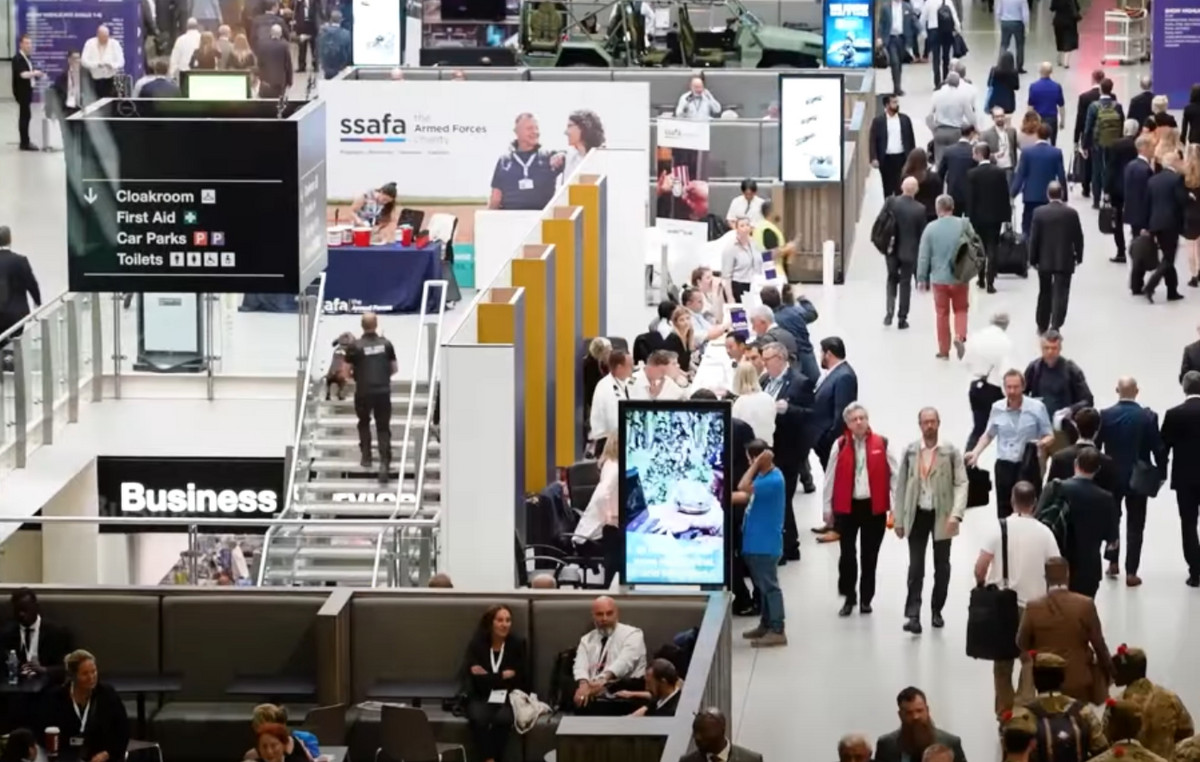Nurses in the UK have reached breaking point.
Around 100,000 members of the Royal College of Nursing will walk across England, Wales and Northern Ireland on Thursday, the first of two days of strikes this month, to protest poor pay and working conditions.
They plan to go out again on December 20th. (Nurses in Scotland are negotiating a separate pay offer.)
It is the first time in its 106-year history that the RCN – the UK’s largest nursing union – has gone on strike in England. The action was triggered by a cost of living crisis that reduced the purchasing power of nurses almost three years after the start of a pandemic that pushed many to their limits.
“It’s unprecedented,” Billy Palmer, a senior fellow at the Nuffield Trust, a health research firm, told CNN. While small pockets of nursing staff have left before, the country’s National Health Service has seen “nothing of this scale so far,” he added.
In part this is because, for most of its history, the RCN has had a “no strike” policy. In 1995, the union changed its rules, allowing strikes as long as they did not compromise patient care.
“Patient safety is always paramount,” the organization says on its website, adding that some nurses will continue to work during the strike. The RCN has pledged to maintain critical services, including chemotherapy and dialysis treatments, during this month’s shutdowns.
The nurses join hundreds of thousands of other British workers who are on strike in December, including railway workers, postmen and ambulance drivers. At the center of these disputes are salaries, which cannot keep up with inflation, which reached 11.1% in October, the highest increase in 41 years.
It’s the biggest wave of industrial unrest since the country’s infamous “winter of discontent” in the late 1970s, when countless workers, from truck drivers to undertakers, went on strike.
The chaos prompted Prime Minister Rishi Sunak to warn that “tough” new laws curbing strike action are on the way.
“Enough already”
Earlier this year, the RCN rejected a government offer to raise nurses’ salaries by a minimum of £1,400 ($1,707) a year. The offer represented an average increase of 4.3%, well below the rate of inflation.
Pat Cullen, general secretary and chief executive of the RCN, said last month that “enough is enough” and that nurses “will no longer tolerate a difficult financial situation at home and a difficult situation at work.”
The union says it wants a 19% pay rise – a 5% rise on inflation of 14%, as measured by October’s retail price index – and for the government to fill a record number of staff vacancies that it says , is compromising patient safety.
The organization knows that’s optimistic, Palmer said. Nurses are not “genuinely hoping” for such a raise, she said, but are simply using it as a starting point for negotiations.
But that demand “is not affordable,” Steve Barclay, UK health secretary, tells CNN in a statement. Each additional 1% salary increase for nursing staff would cost the government around £700m ($854m), he added.
Barclay said on Twitter last month that the industrial action would “inevitably” affect services, but that the NHS had “tried and tested plans to minimize disruption and ensure emergency services continue to operate”.
“Years of Underinvestment”
The dispute has its roots in previous grievances. The 360,000 nurses working for the NHS – the service’s largest professional group – have suffered from years of underinvestment, argues the RCN.
In 2010, the Conservative-led coalition government embarked on a decade of austerity to stabilize the country’s finances after the global financial crisis.
Nurses’ pay fell by 1.2% each year between 2010 and 2017 once inflation was factored in, according to The Health Foundation, a UK charity that campaigns for better health and care. doctor. For the first three years, payment was frozen.
Despite salary increases since then, the Nuffield Trust estimates that a typical nurse’s salary – around £40,000 ($49,000) for full-time experienced nurses – has fallen by nearly 6% after inflation compared with a decade ago. . This compares to a 0.6% increase in private sector wages over the same period.
Internationally, it’s difficult to compare the salary of UK nurses, as healthcare systems differ significantly between countries, but it falls somewhere in the middle of the range for comparable economies, Palmer said.
“Almost anyway, we’re right in the middle, usually [nós] we look a little worse than Germany, but a little better than France, and we certainly look worse than the Anglosphere, like Australia and the US,” he said.
This is also true for general NHS spending. While the government has increased funding over the past decade, the gains have been “marginal,” according to Palmer. Factoring in inflation and demographic changes, spending in England has risen by just 0.4% a year since 2010, data from the Nuffield Trust shows.
“Emotionally draining”
Payment is not the only issue. Nurses are also at a premium, in part because there are a record 47,000 vacancies in England.
Data from the Nuffield Trust show that 40,000 nurses in England, or around 11% of the total nursing workforce, left their jobs in the year to June. A similar number joined – nearly 45,000 – but it wasn’t enough to fill in the gaps.
Most nurses left to retire, but the number citing work-life balance, the second most common reason for leaving, is nearly four times higher than it was a decade ago.
And more may give up if conditions don’t improve. An RCN poll of its members last December showed that 57% of respondents were considering leaving. Feeling undervalued and working under a lot of pressure were the main reasons given.
Sally Warren, director of policy at The King’s Fund, a think tank, told CNN that the last decade has been “challenging” as staff numbers have lagged behind demand. The pandemic has only intensified these problems.
🇧🇷[As enfermeiras estavam] having to manage the iPad call between someone who [não podia] be visited by relatives in their final hours,” Warren said. 🇧🇷[Foi] really emotionally draining.”
Source: CNN Brasil
A journalist with over 7 years of experience in the news industry, currently working at World Stock Market as an author for the Entertainment section and also contributing to the Economics or finance section on a part-time basis. Has a passion for Entertainment and fashion topics, and has put in a lot of research and effort to provide accurate information to readers.







